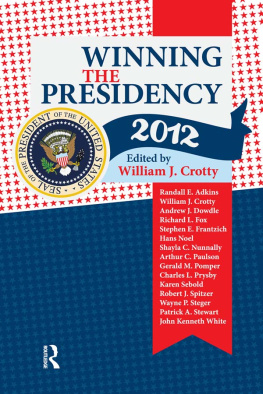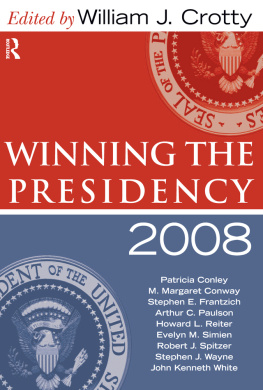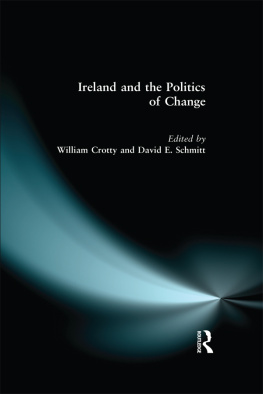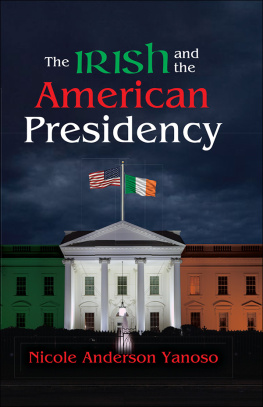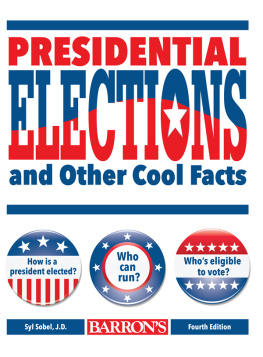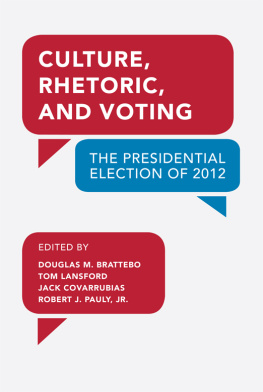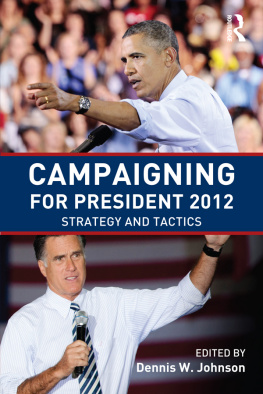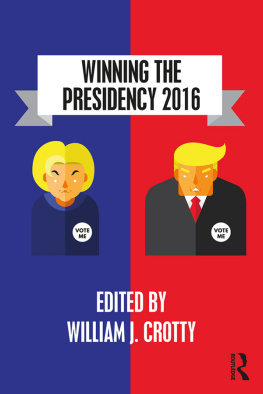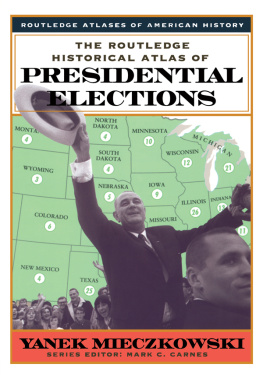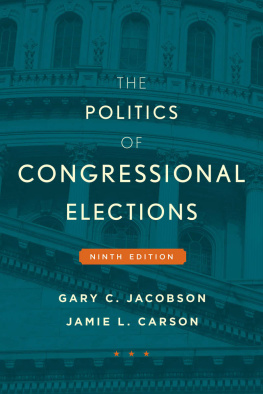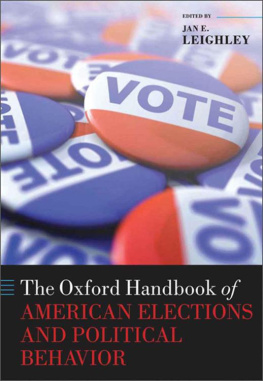First published 2013 by Paradigm Publishers
Published 2016 by Routledge
2 Park Square, Milton Park, Abingdon, Oxon OX14 4RN
711 Third Avenue, New York, NY 10017, USA
Routledge is an imprint of the Taylor & Francis Group, an informa business
Copyright 2013, Taylor & Francis.
All rights reserved. No part of this book may be reprinted or reproduced or utilised in any form or by any electronic, mechanical, or other means, now known or hereafter invented, including photocopying and recording, or in any information storage or retrieval system, without permission in writing from the publishers.
Notice:
Product or corporate names may be trademarks or registered trademarks, and are used only for identification and explanation without intent to infringe.
ISBN: 978-1-61205-207-6 (hbk)
ISBN: 978-1-61205-208-3 (pbk)
Library of Congress Cataloging-in-Publication Data for this title is available at the Library of Congress.
A number of analyses evaluate various aspects of a complicated and multifaceted presidential campaign. These provide a depth of understanding of the significant dynamics of the campaign and the vote that resulted. The introductory chapter, The Obama Reelection Campaign, traces and evaluates the main developments during the first Obama term in the efforts to recover from the Great Recession of 2008. It contrasts President Obamas first run for office and the promise it held with the second. In 2012 a more experienced president, if scarred by the politics of polarization, ran on a more modest agenda. He faced an opponent, Mitt Romney, who underwent a difficult prenomination and general election campaign, resulting in an overwhelming Electoral College victory for the Democrats.
The chapter serves as a basis and background for the analyses to follow. Next is Arthur C. Paulsons application of the ideological homogenization that characterizes and divides the contemporary parties and how it affected the Romney race in particular in the Republican primaries. Paulson helps explain the severity of the problem Romney encountered within his own partys most activist constituencies () show, it does not have the same appeal in general elections. In fact, the situation is quite the opposite. The voting public tends toward centrist and moderate issue positions. While the candidates and the parties can move in opposing policy directions, the extent to which they can de-emphasize the extremes and at least appear as reasonable and open-minded and in touch with majority voter concerns, as Romney was able to do in the last month of the campaign, markedly improves their electoral prospects.
The candidate and party-based campaigns have a texture, strategizing and marketing that is sophisticated; informed by polls, consultants and most of all previous experience, and critical to success. The chapters by Wayne P. Steger (We Halfway There Yet? New Technology and the 2012 Election) look at the highly sophisticated macro- and micro-marketing of campaigns and the contrasting strategies employed by the candidates and their most successful consultants. The efforts to reach and persuade the voters are intense and, with the increasing development of technology and its universal availability, unrelenting. The effectiveness of social media, largely unexploited until the first Obama campaign, has shaped voter mobilization drives by both the parties and advocates of every variety of policy interest. It is now, as Steger and Frantzich show, a staple of campaigning today.
More familiar and conventional is the role of ideology and issue appeals in defining party coalitions and establishing the foundations of their electoral appeal, as Hans Noel () shows. Each election, of course, is different to some degree in the issue given the most attention in the campaign. Still, there is a continuing over time and a broad consistency in views that characterizes each of the political parties. Noel traces such concerns as they impacted the campaign of 2012 and, as in his discussion of party renewal and a more inclusive political climate, will impact coalitional development in the future.
Equally familiar are the seemingly endless discussions of the role and importance of money in campaignswhat it buys, where it comes from, the policy advantages it awards, and, most basically, the dependence on it in substantial amounts to contest a primary or a general election. Given the Supreme Court decision in Citizens United, virtually all restrictions on the use of money or the identification of the funder have been removed. Consequently, as Andrew J. Dowdle, Randall E. Adkins, Karen Sebold, and Patrick A. Stewart show (), spending by the parties and advocacy groups almost doubled between 2008 and 2012, from $1.3 billion to $2.3 billion. It may be that given the importance of the office sought, such levels of expenditures are justified. It may also be that with the present investment in campaigns of such an order, the vote and the role of citizens are decreased to the point of becoming targets of the sophisticated marketing campaigns discussed above and little more. Such a debate centers on the extent to which the funding of campaigns in the public interest can be regulated in any meaningful way, or whether it should even be attempted. What is known is that the Supreme Court historically has assumed an activist role in declaring such restrictions unconstitutional. Extending Bill of Rights safeguard to corporations and their advocacy groups, the principal source of political financing or to anyone who cares to contribute whatever the amounts involved. What is also certain is that the cost of politics under such conditions will continue to increase to totals yet to be imagined.
The force of identity politics and its changing impact on parties and elections in an emerging majority-minority era is examined by Shayla C. Nunnally (the White Majority and the Future of American Party Politics). The changes in progress are redefining American politics. As the dynamics of political representation undergo a transformation, the group most in jeopardy of a lessening level of influence in politics is blacks.
African Americans are the most loyal and consistent of Democratic voters. Barack Obama in his stunning victory in 2008 became the first black to win the presidency, a major and defining political achievement. Nonetheless, the relationship of blacks to their leadership and to politics more generally can be complicated. Black politics, as Nunnally indicates, is in a period of transition. Under a neoliberal economic agenda they will continue to be one of the hardest hit social groups. Further, in a majority-minority age, Latino influence in elections is on the rise. Latinos will outpace blacks by a substantial margin, eventually reaching almost one-third (an estimated 30 percent) of the electorate. The Latino vote will be the one the parties are likely to concentrate on in future contests.

